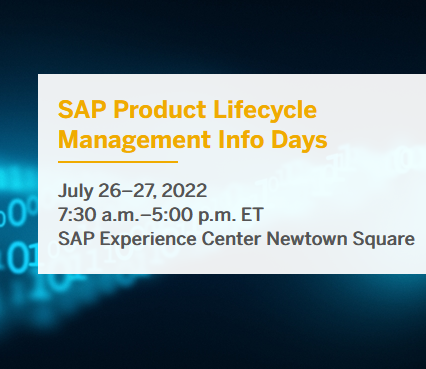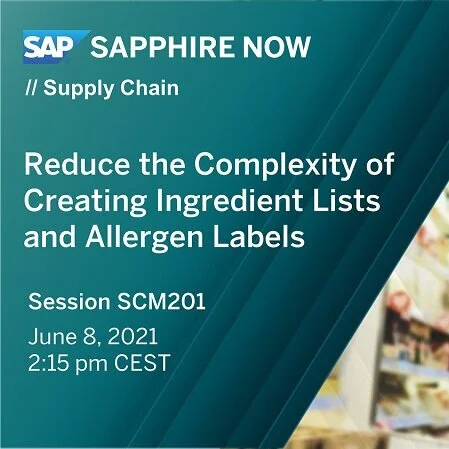NEWS: Project Manager & Team Lead Dr. Matthias Gräuler Shares SAP PLM Expertise
Gramont Expert Dr. Matthias Gräuler Joins “Inside the World of PLM” Panel
SAP Partner Yash Agrawal hosted informative session on SAP PLM at SAP HQ to discuss the future of PLM.
A distinguished panel of PLM experts gathered to discusses the significance of Product Lifecycle Management (PLM) software in modern business environments. The panel discussion was recorded in a “PLM Uncovered” video, featuring the following experts from SAP Partner organizations:
Matthias Gräuler, Project Manager & Team Lead from Gramont
Horst Heckhorn, SVP SAP Solutions & Business Development Executive from CENIT AG
Thomas Nørgaard Jensen, Director, Digital Supply Chain, PLM from NTT DATA Business Solutions
.James Keefe, Director of SAP PLM from LeverX
The overall message is that PLM software is a critical tool for businesses, providing numerous benefits in terms of efficiency, collaboration, and customer success. The landscape is evolving, and organizations are encouraged to adopt PLM as an integral part of their business strategy.
The video can be found on YouTube here: Insights from Industry Experts | PLM Uncovered (youtube.com)
Key Points From The Panel Discussion:
PLM Accelerating Time-to-Market
PLM software is a game-changer in accelerating time-to-market for both discrete and process industries.
By providing a single source of truth, PLM ensures accurate and up-to-date information, fostering collaboration and reducing errors.
It acts as an integration layer, connecting functional areas for parallel processing and real-time visibility across the entire supply chain.
Differences in Implementation Across Industries
Discrete Industries: PLM manages complex product configurations and variant management, crucial in automotive, aerospace, and consumer electronics.
Process Industries: Focuses on managing recipes, formulations, and compliance requirements in industries like chemicals, pharmaceuticals, and food and beverage.
Benefits of PLM Software
Streamlined Collaboration: Facilitates seamless collaboration among cross-functional teams, reducing bottlenecks and accelerating decision-making processes.
Efficient Design and Development: Offers robust design and development capabilities, reducing time spent on rework and optimizing product performance.
Enhanced Supply Chain Management: Integrates with ERP systems, providing visibility into inventory levels, demand forecasts, and supplier performance.
Ensures consistent and reliable data throughout the product lifecycle, enabling collaboration with external partners and internal stakeholders.
Evolution of PLM
The PLM landscape is evolving to meet changing business needs and regulatory requirements.
Emphasis on sustainability, adoption of digital supply chains, and movement towards cloud-based offerings.
Emerging technologies like artificial intelligence (AI) expected to play a significant role in PLM.
Importance of Executive Support and Change Management
Panelists emphasized the importance of executive support, people, and process change in successful PLM implementations.
The experts assert that embracing PLM software is no longer an option but a necessity for organizations striving to thrive in product development.
PLM software empowers organizations to optimize product development processes, stay competitive, and drive innovation.
Looking Ahead
PLM is not just a technology but a mindset that can transform businesses and drive innovation.
Organizations need to embrace change, leverage emerging technologies, and focus on sustainability to stay competitive in the market.
Matthias Gräuler, Project Manager & Team Lead from Gramont shares POV on SAP PLM.
































